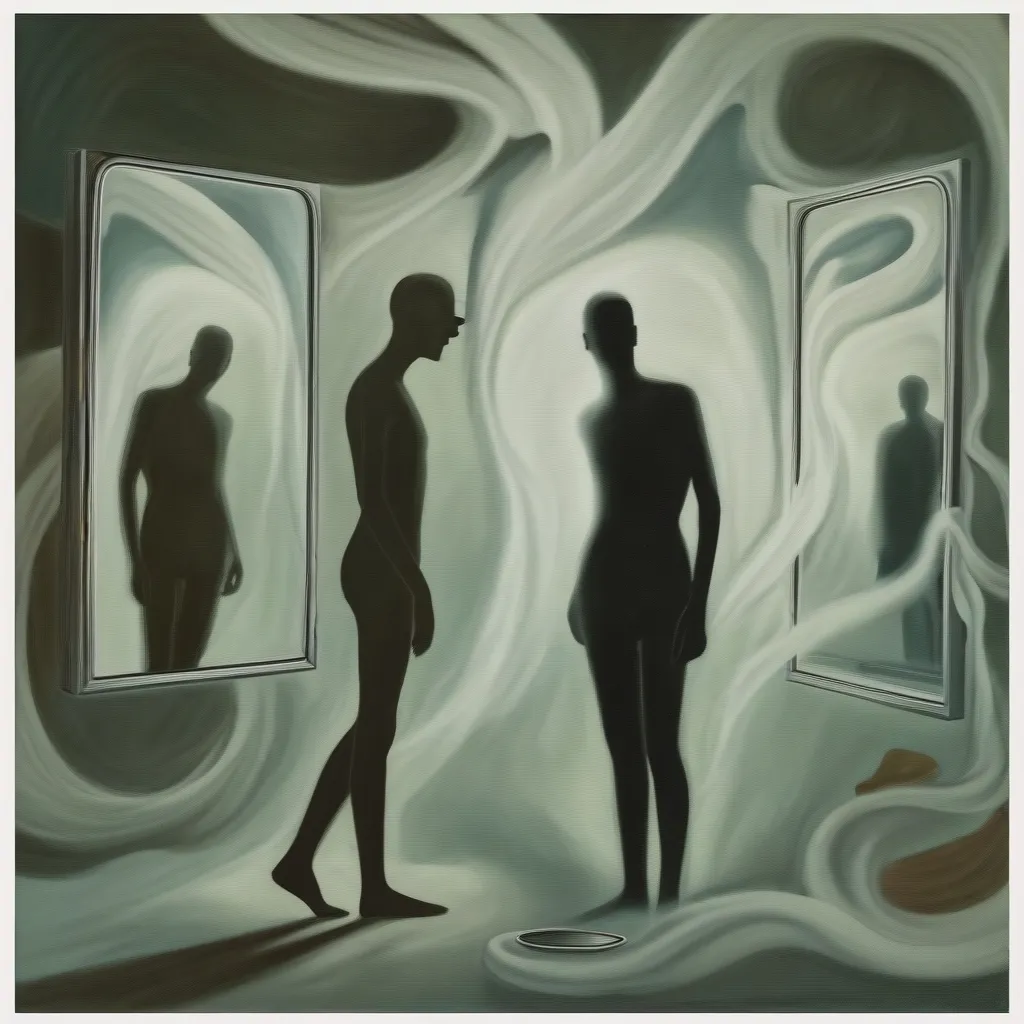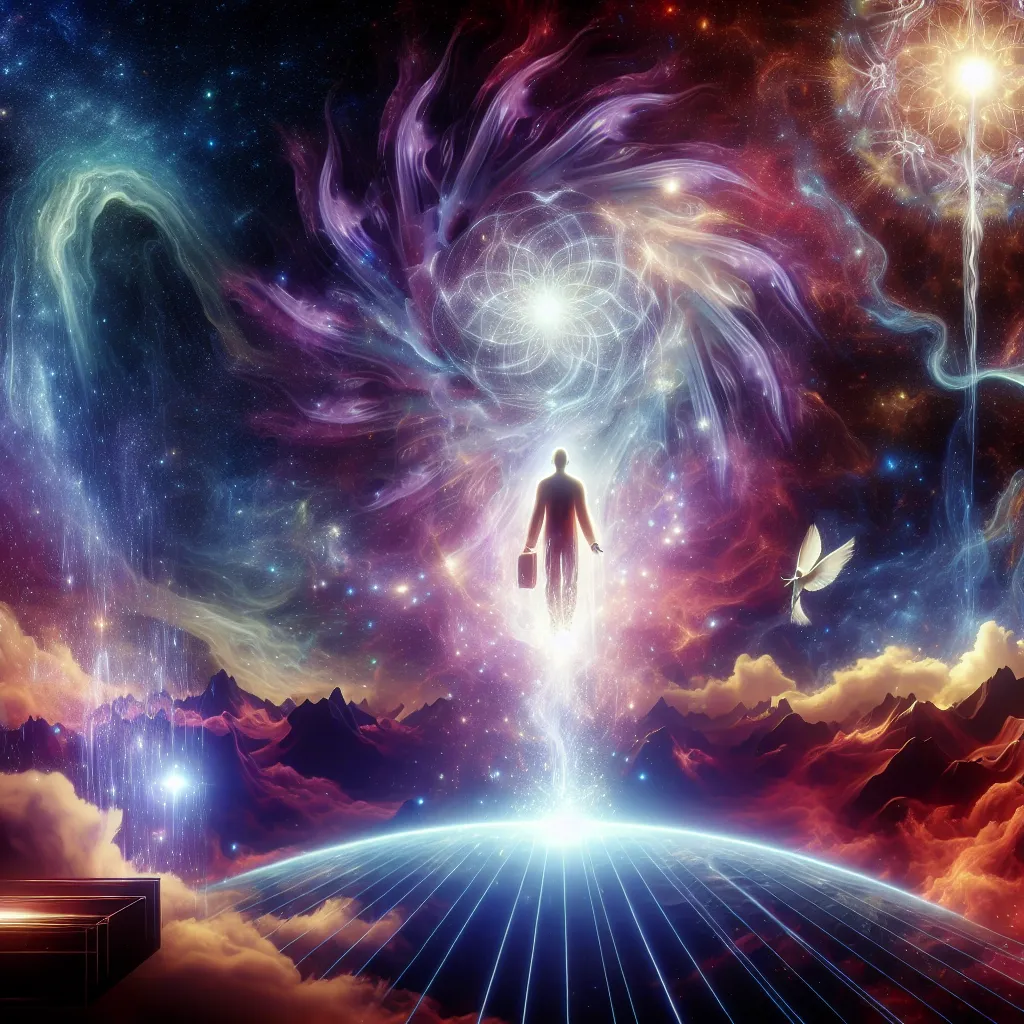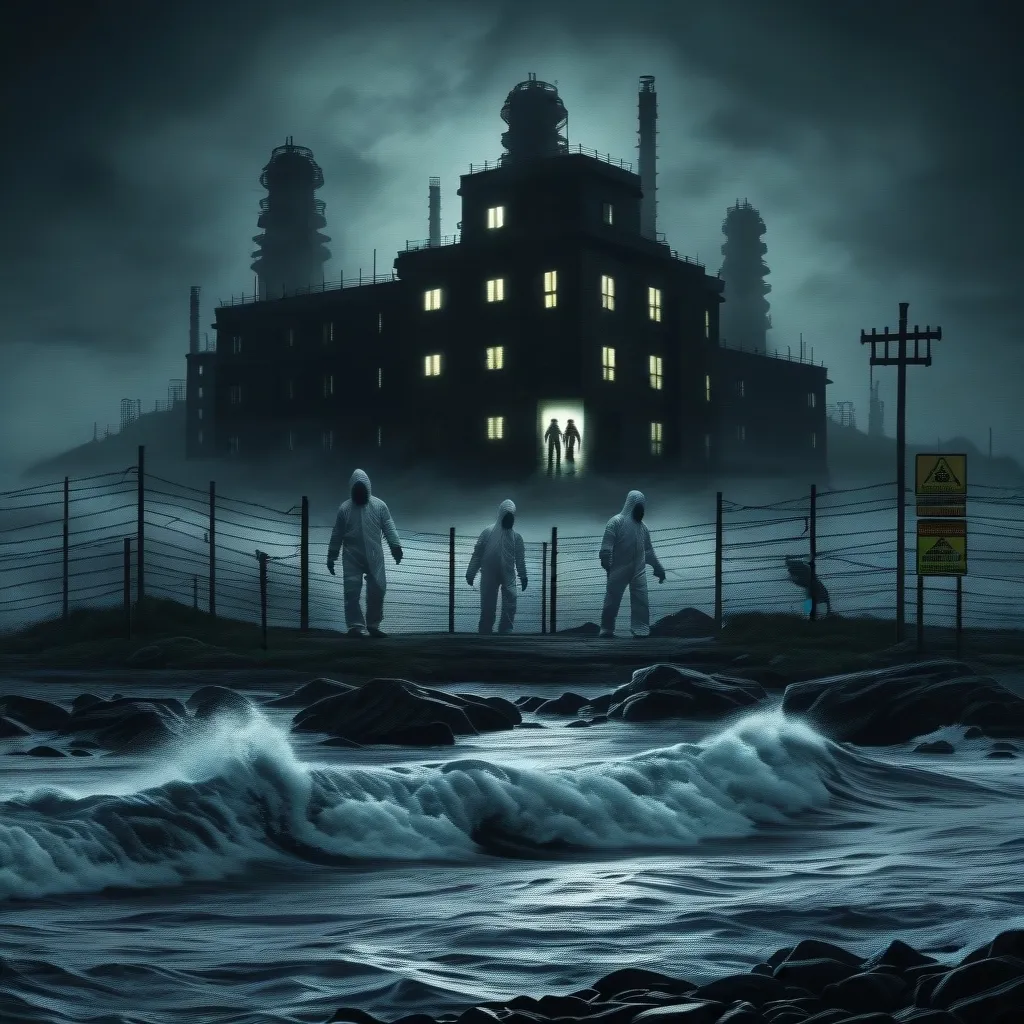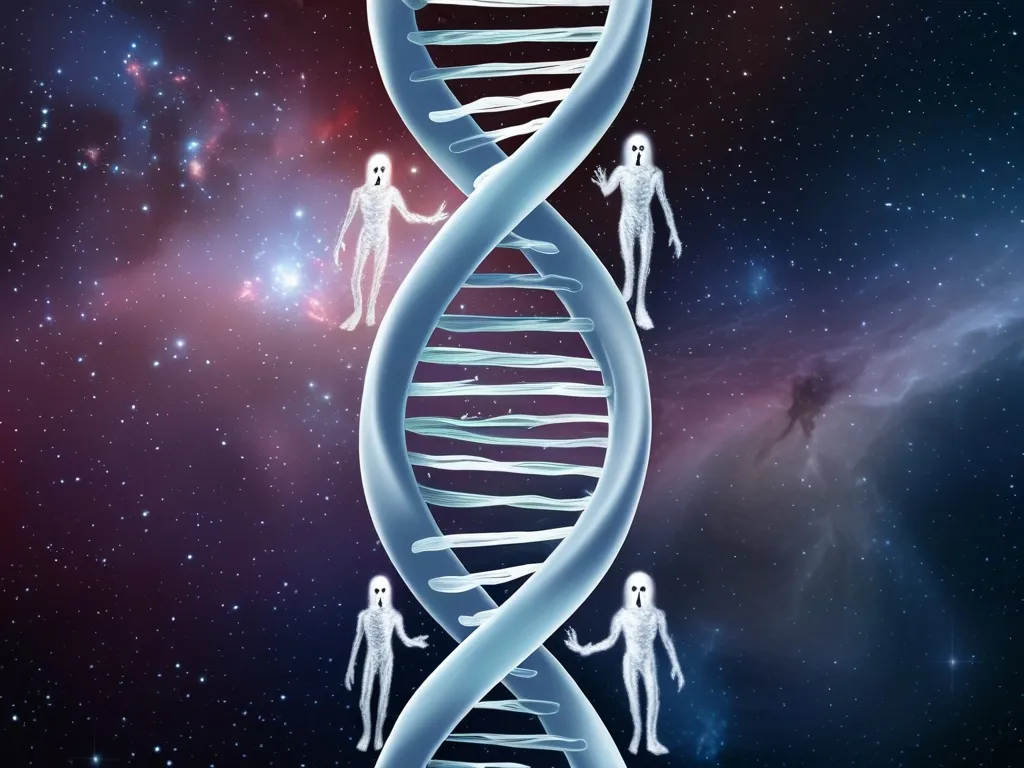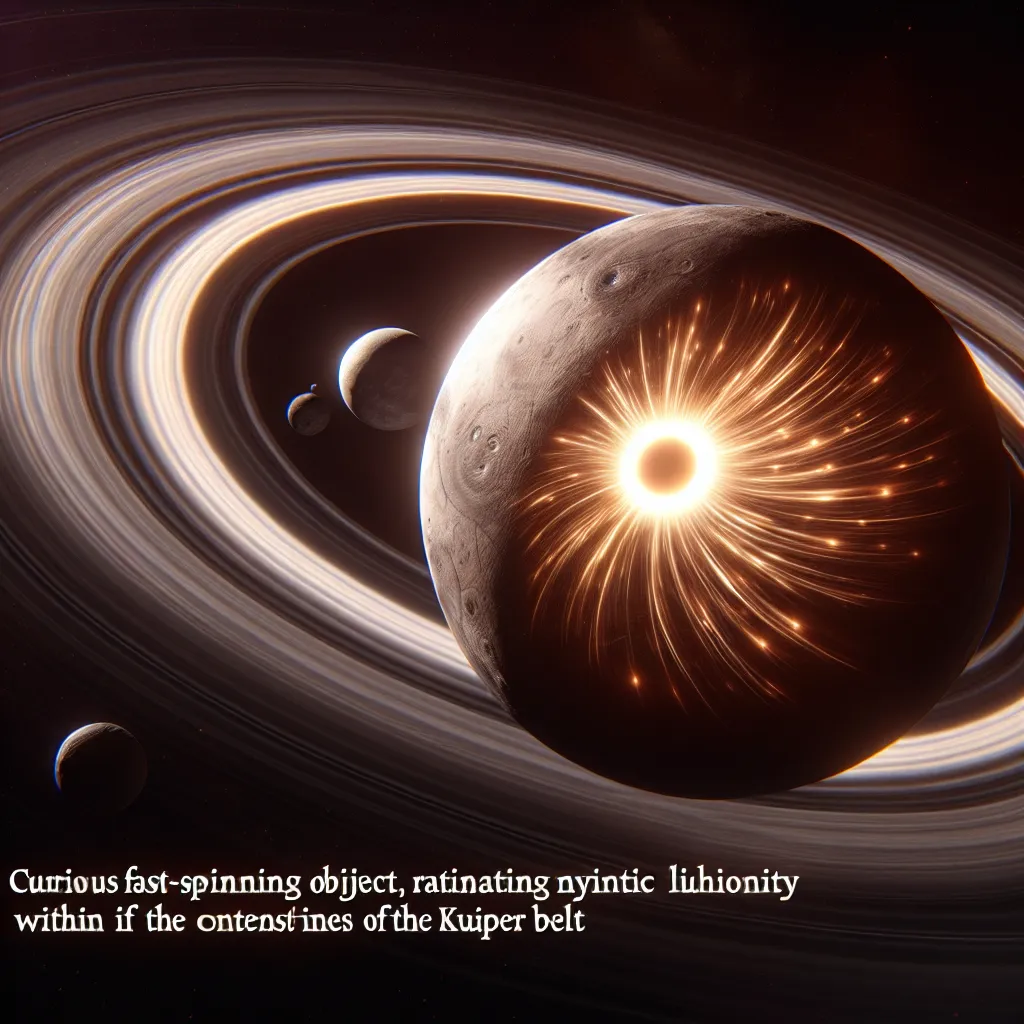The Mandela Effect: When Reality Doesn’t Match Our Memories
Have you ever been so sure about something, only to find out you were totally wrong? Like, dead wrong? Welcome to the wild world of the Mandela Effect. It’s this crazy phenomenon where a bunch of people remember things differently than how they actually happened. And let me tell you, it’s a mind-bender.
So, picture this. You’re hanging out with your friends, talking about old movies, and someone brings up that famous line from Star Wars: “Luke, I am your father.” Everyone nods along, quoting it in their best Darth Vader voice. But here’s the kicker - that’s not actually what he says. The real line is “No, I am your father.” Mind blown, right?
This is just one example of the Mandela Effect in action. It’s named after Nelson Mandela, because a bunch of people swore they remembered him dying in prison in the 1980s. But nope, he was alive and kicking until 2013. It’s like we’re all living in some kind of shared delusion.
Now, you might be thinking, “What’s the big deal? People misremember stuff all the time.” And you’re not wrong. But here’s where it gets interesting. These aren’t just random mix-ups. They’re specific memories that lots of people share. It’s like we’re all on the same wavelength of wrongness.
Take the Berenstain Bears, for example. How many of you remember it as the Berenstein Bears? I bet a lot of you do. But guess what? It’s always been Berenstain. A-I-N. Not E-I-N. It’s enough to make you question everything you thought you knew.
And don’t even get me started on the Monopoly man. You know, the dude on the Monopoly box? The one with the top hat and monocle? Except… he doesn’t have a monocle. Never has. But I bet you can picture it clear as day, can’t you?
So what’s going on here? Are we all just terrible at remembering things? Well, yes and no. Our brains are pretty amazing, but they’re not perfect. They don’t work like video cameras, recording everything exactly as it happens. Instead, they’re more like storytellers, piecing together bits and pieces to create a narrative that makes sense to us.
This is where things get messy. Our brains are constantly filling in gaps, making assumptions, and sometimes even creating false memories. And when we talk to other people about our memories, we can influence each other. It’s like a game of telephone, but with our collective memory.
Now, here’s where some folks take a hard left turn into crazytown. They start talking about parallel universes and alternate realities. The idea is that maybe we’re remembering things from a different timeline that somehow got mixed up with ours. It’s a fun thought experiment, but let’s be real - it’s pretty out there.
The truth is, there’s no scientific evidence to back up the parallel universe theory. If we were really jumping between realities, you’d think we’d notice some bigger changes than whether a cartoon bear’s name ends in “ein” or “ain”. Like, maybe we’d wake up one day and the sky would be green, or cats would be in charge. (Actually, that last one might already be true…)
So if it’s not parallel universes, what’s really going on? Well, it turns out our brains are pretty easily influenced. We’re bombarded with information all day, every day. Movies, TV shows, books, social media - it all gets jumbled up in our heads. And sometimes, we remember things wrong because we’ve seen parodies or misquotes so many times that they become more familiar than the original.
Take that Star Wars quote, for example. “Luke, I am your father” is snappier and more quotable than “No, I am your father.” It’s been used in countless parodies and pop culture references. So even if you’ve seen the movie a hundred times, that misquote might still be what sticks in your head.
The internet plays a huge role in all this, too. It’s like a giant echo chamber for false memories. Someone posts about how they remember something, others chime in agreeing, and before you know it, you’ve got thousands of people all convinced they remember the same wrong thing. It’s a snowball effect of misinformation.
But here’s the thing - the Mandela Effect isn’t just some weird quirk of human memory. It’s actually pretty important. It shows us how unreliable our memories can be, and how easily we can be influenced by the people and media around us. It’s a reminder to question our assumptions and check our facts.
Think about it - if we can be so wrong about something as simple as the name of a children’s book character, what else might we be misremembering? History books are full of events that most of us only know secondhand. How many of those have been subtly altered in our collective memory?
It’s not just about trivial pop culture stuff, either. False memories can have serious real-world consequences. In legal settings, eyewitness testimony is often considered strong evidence. But studies have shown that our memories of events can be easily manipulated, even when we’re absolutely certain we’re remembering correctly.
So next time you’re absolutely, 100% sure about something, maybe take a second to double-check. You might be surprised at what you find. And hey, if you discover you’ve been a victim of the Mandela Effect, don’t sweat it. You’re in good company.
At the end of the day, the Mandela Effect is a fascinating reminder of how complex and mysterious our brains really are. It’s humbling to realize that our perception of reality might not be as solid as we think it is. But it’s also kind of exciting, isn’t it? It means there’s always more to learn, more to discover about ourselves and the world around us.
So embrace the confusion. Laugh at the mix-ups. And maybe, just maybe, keep an eye out for any cats trying to take over the world. You never know - in some parallel universe, they might already be in charge.
